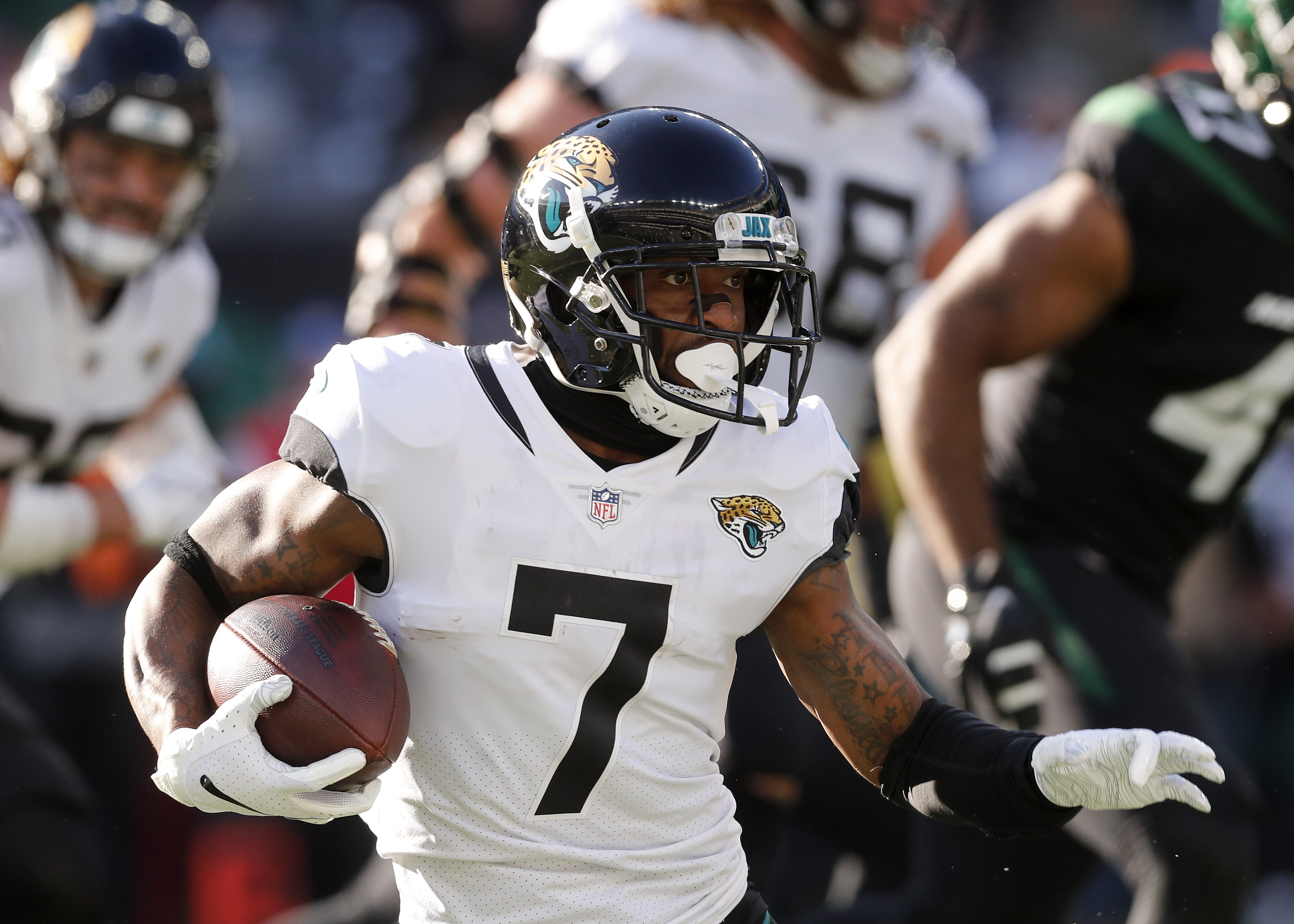The Case of Trayvon Martin: Tayvon Austin

The shooting of Trayvon Martin, an unarmed African-American teenager, by George Zimmerman, a neighborhood watch volunteer, in Sanford, Florida, on February 26, 2012, sparked nationwide protests and ignited a national conversation about race, justice, and self-defense laws. The case became a symbol of the racial tensions and injustices faced by African-Americans in the United States.
Events Leading Up to the Shooting
On February 26, 2012, Trayvon Martin, a 17-year-old African-American teenager, was walking back from a convenience store in Sanford, Florida, where he had purchased Skittles and iced tea. George Zimmerman, a neighborhood watch volunteer, saw Martin walking and called 911, reporting him as suspicious. Zimmerman followed Martin, despite the dispatcher’s instructions to not pursue him. During the encounter, a physical altercation occurred, and Zimmerman shot and killed Martin.
The Legal Proceedings and Outcome of the Trial
Zimmerman was arrested and charged with second-degree murder. The trial began on June 25, 2013, and lasted for six weeks. The prosecution argued that Zimmerman had racially profiled Martin and intentionally killed him, while the defense claimed that Zimmerman acted in self-defense after Martin attacked him. On July 13, 2013, the jury acquitted Zimmerman of all charges.
Perspectives of Both Sides of the Case
The case of Trayvon Martin divided the nation, with many people expressing outrage over the acquittal of Zimmerman and others supporting the jury’s verdict. The families of both Martin and Zimmerman were deeply affected by the events. Martin’s family, particularly his mother, Sybrina Fulton, became vocal advocates for justice and racial equality. Zimmerman, on the other hand, maintained his innocence and claimed he acted in self-defense.
Impact of the Case, Tayvon austin
The case of Trayvon Martin had a profound impact on American society, sparking national discussions about race, justice, and the Stand Your Ground law. It led to protests and demonstrations across the country, and it contributed to the rise of the Black Lives Matter movement. The case also highlighted the racial disparities in the criminal justice system and the need for police reform.
Racial Injustice and the Trayvon Martin Case
/arc-anglerfish-arc2-prod-dmn.s3.amazonaws.com/public/TZ5MRTSLXSIGTE23CADDPJLVIQ.jpg)
The tragic death of Trayvon Martin, an unarmed Black teenager, in 2012, sparked national outrage and ignited a powerful movement for racial justice. The case, and the subsequent trial of George Zimmerman, highlighted the pervasive issue of racial profiling and the systemic biases within the criminal justice system.
The Role of Race and Racial Profiling
The events surrounding Trayvon Martin’s death were deeply intertwined with racial bias. Martin, who was wearing a hoodie and carrying a bag of Skittles, was walking home from a convenience store when he was followed by George Zimmerman, a neighborhood watch volunteer. Zimmerman, who had previously expressed concern about “suspicious” Black individuals in the community, called 911 and reported Martin as acting suspiciously. The dispatcher advised Zimmerman to stay in his car, but he continued to follow Martin, ultimately leading to a confrontation that ended with Martin’s death. The case raised crucial questions about the role of race in perceptions of threat and the disproportionate targeting of Black individuals by law enforcement and vigilante groups.
Comparison with Other Instances of Racial Injustice
The Trayvon Martin case is not an isolated incident. It stands as a stark example of the long history of racial injustice in the United States. Similar cases, such as the shooting of Michael Brown in Ferguson, Missouri, and the killing of Eric Garner in New York City, have highlighted the systemic racism and police brutality that disproportionately affects Black Americans. These cases have also revealed the deep-seated biases that permeate society, leading to the wrongful prosecution and imprisonment of Black individuals.
Impact on Social Justice Movements
The Trayvon Martin case had a profound impact on the Black Lives Matter movement and other social justice movements. It galvanized activists and sparked widespread protests across the country, demanding accountability for the deaths of Black individuals at the hands of law enforcement and vigilante groups. The case also ignited a national conversation about race, policing, and the need for systemic change. It brought to light the deep-seated inequalities that exist in the United States and the urgent need for reforms to ensure justice and equality for all.
The Legacy of Trayvon Martin

The tragic death of Trayvon Martin in 2012 had a profound and lasting impact on American society, sparking a national conversation about race, justice, and the role of law enforcement. The case became a symbol of the racial disparities in the criminal justice system and ignited a movement for social change.
The Case’s Impact on Gun Control and Self-Defense Laws
The Trayvon Martin case highlighted the complexities of self-defense laws and the role of race in their application. The acquittal of George Zimmerman, who claimed self-defense in shooting Martin, led to widespread protests and calls for reform. This sparked debates about the “Stand Your Ground” law, which allows individuals to use deadly force if they feel threatened. Critics argued that the law emboldened individuals to act recklessly and that it disproportionately affected people of color.
The Case’s Impact on Racial Profiling
The Trayvon Martin case also drew attention to the issue of racial profiling, the practice of targeting individuals for suspicion based on their race or ethnicity. Martin was walking home from a convenience store when he was followed and ultimately shot by Zimmerman, who had called 911 to report a suspicious person. The case raised questions about the role of racial bias in law enforcement and the need for more training on implicit bias.
The Case’s Impact on Social Justice Movements
The Trayvon Martin case became a rallying cry for the Black Lives Matter movement, which emerged in response to police brutality and racial injustice. The movement gained momentum in the wake of Martin’s death and has since become a powerful force for social change, advocating for police accountability, criminal justice reform, and racial equality.
